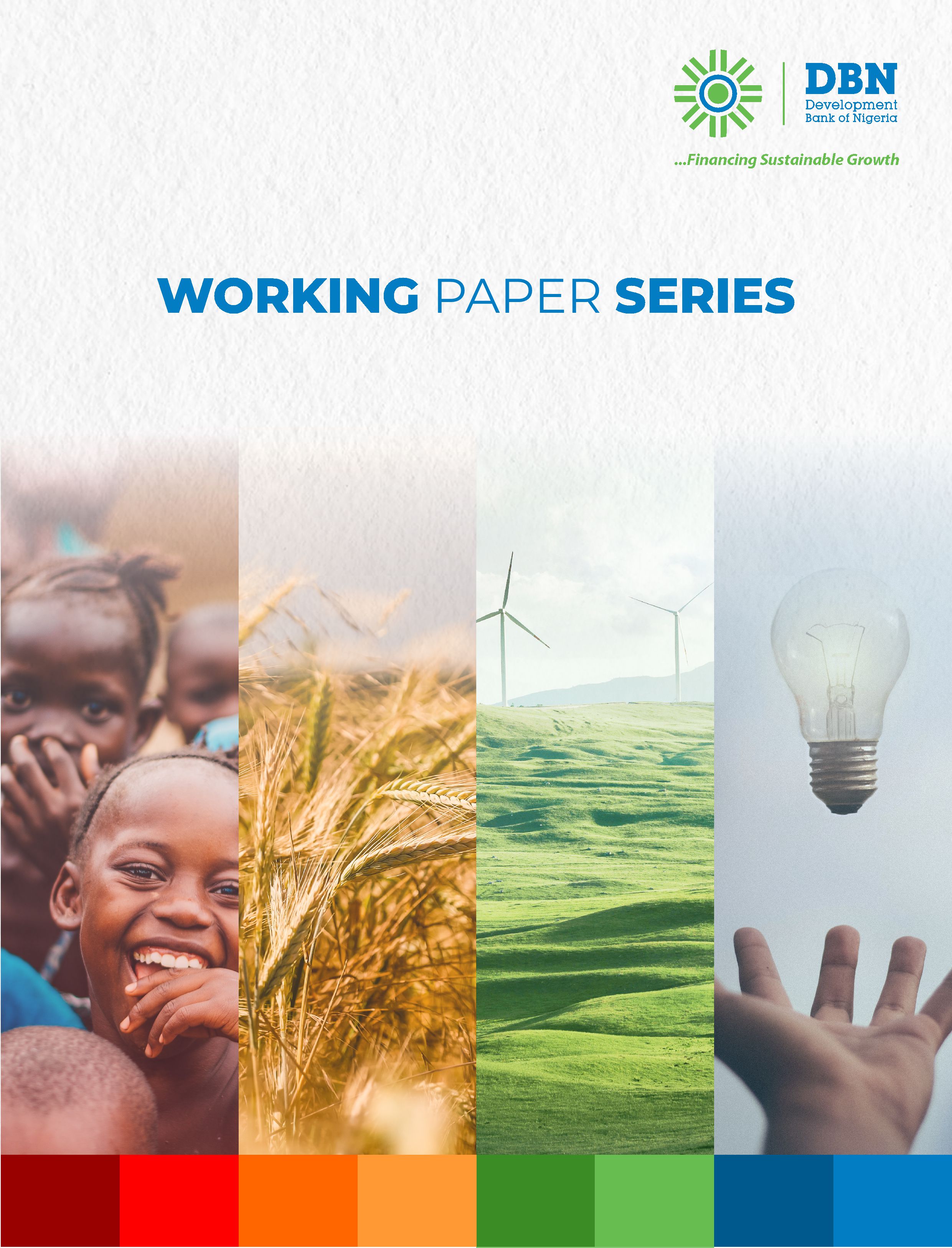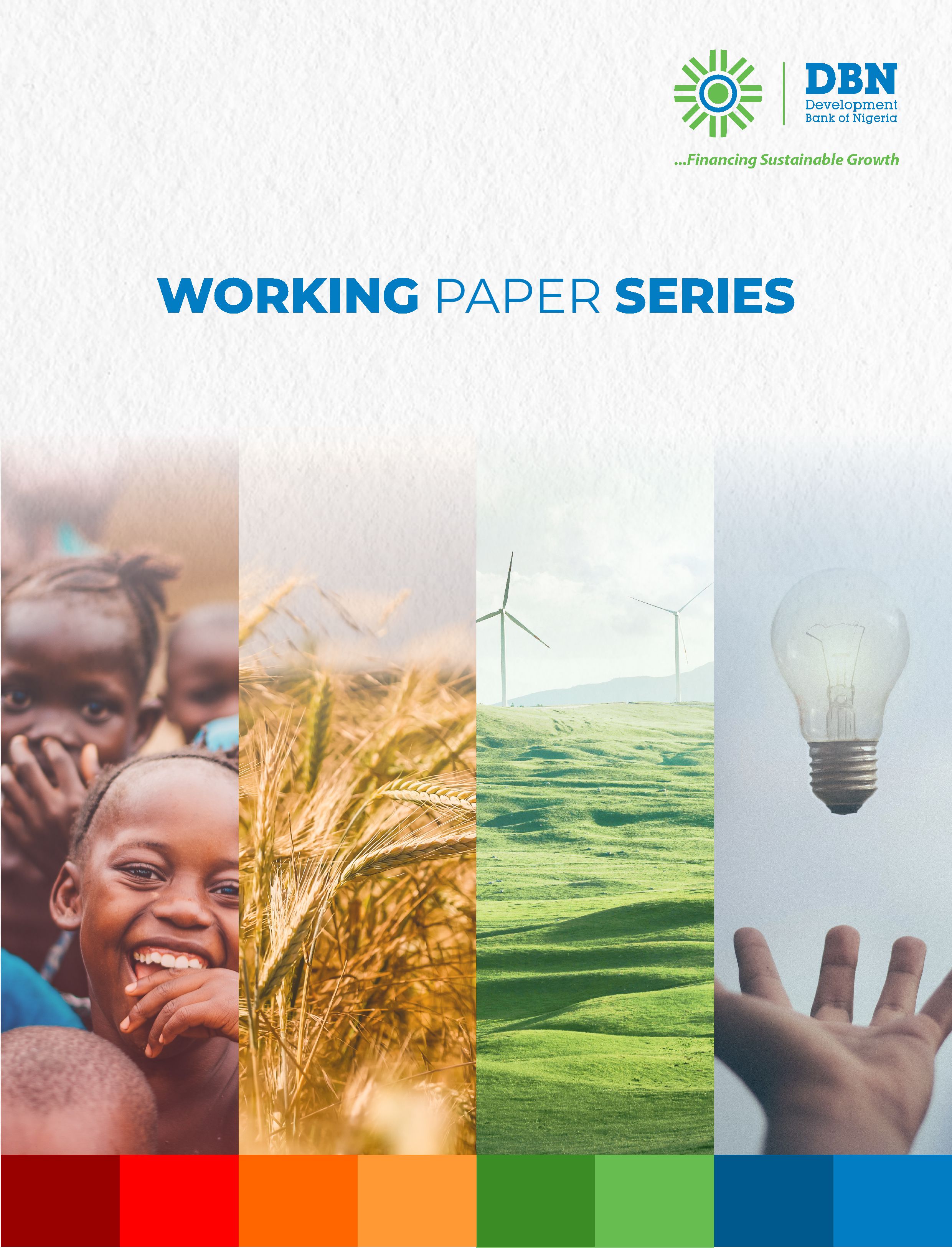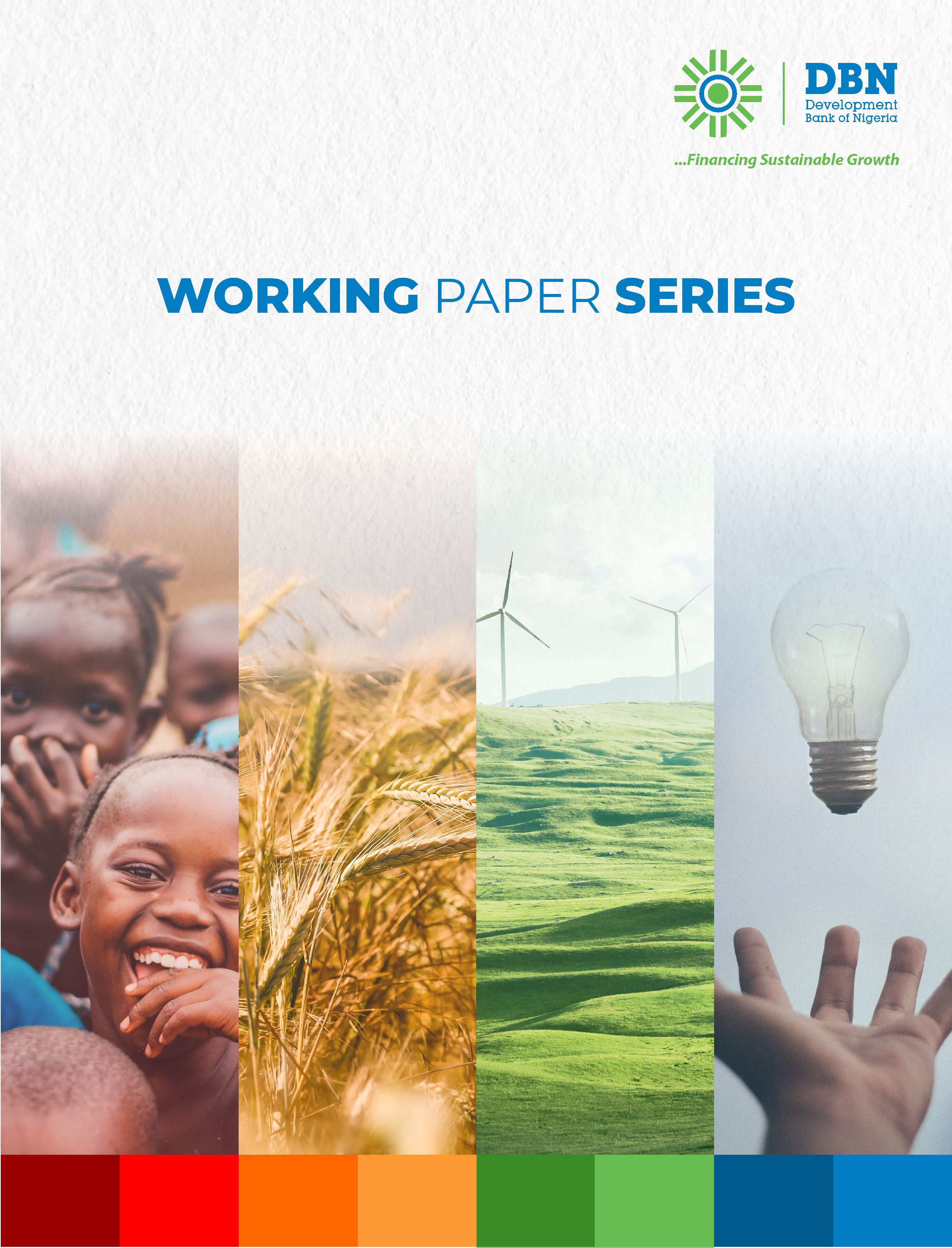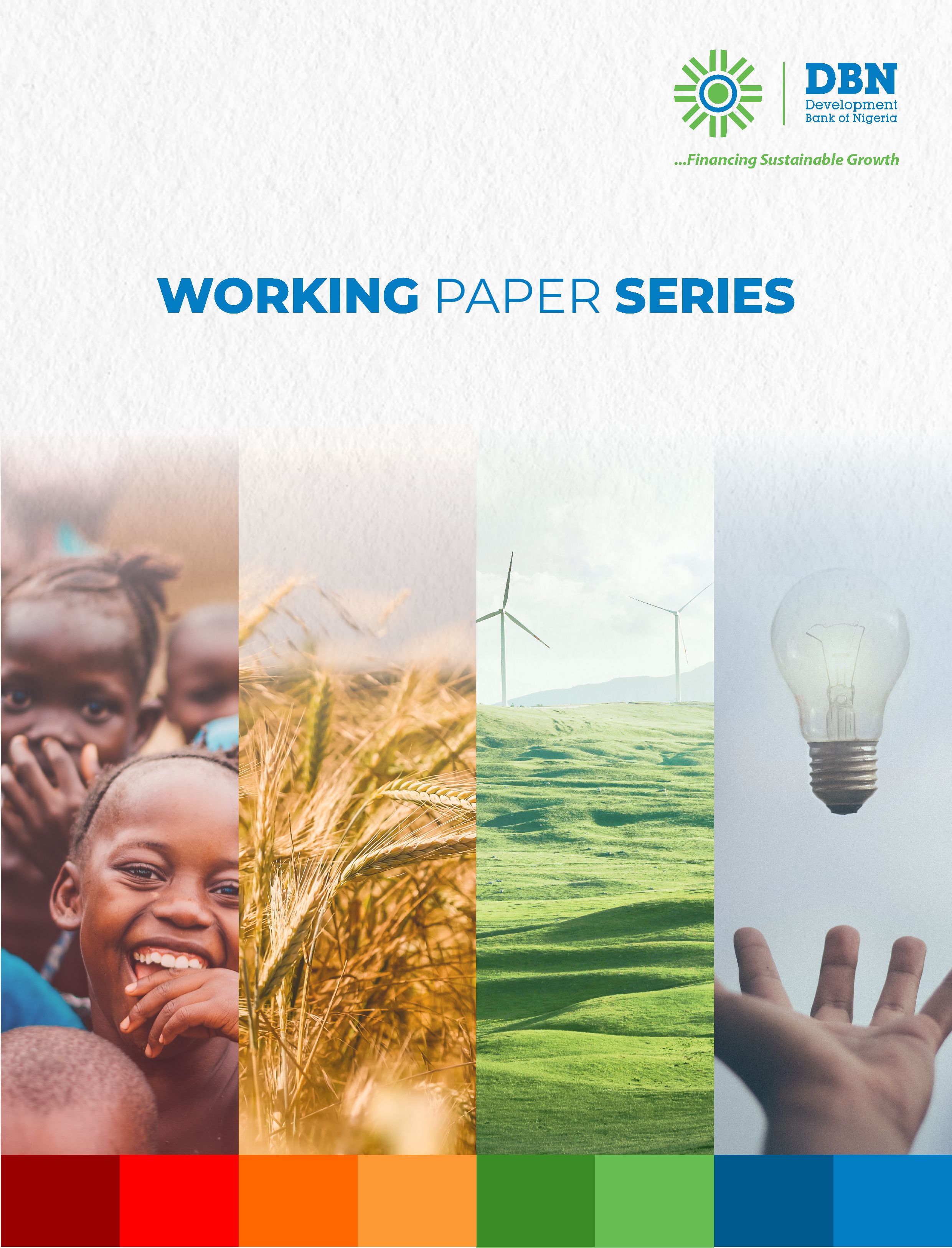
Publication Information
Published by: Admin
Published: 1 year ago
View: 310
Pages: 35
ISBN:
Abstract
Despite a growing literature on the determinants of corruption, existing studies are sparse on the channels through which social media curbs corruption using panel data. Social media is captured by the percentages of the population and elites that use social media for offline political actions (OPA). This research uses annual data from a panel of 47 African countries over the period 2000–2018. Results show that social media used by the population for OPA directly curbs executive, judicial and legislative corruption. The use of social media by elites for OPA boosts corruption in the judicial sector. Moreover, social media indirectly curbs corruption through their effects on civil society participation. Reducing corruption in Africa requires inter alia , policies aimed at promoting the use of social media for OPA, the emergence of dynamic and effective civil society participation and the improvement of the quality of democracy.
Simplice A. Asongu Prof
Sylvain B. Ngassam
Gildas T. Ngueleweu
Related Publications

VOLUME 7 ISSUE 2 2024
Female unemployment and the procedure that a woman has to go through to start a business: microfinance policy thresholds

VOLUME 7 ISSUE 2 2024
Sustainable urbanization and vulnerability to climate change in Africa: Accounting for digitalization and institutional quality

VOLUME 7 ISSUE 2 2024
Foreign direct investment and Renewable energy development in sub-Saharan Africa: Does governance quality matter?
